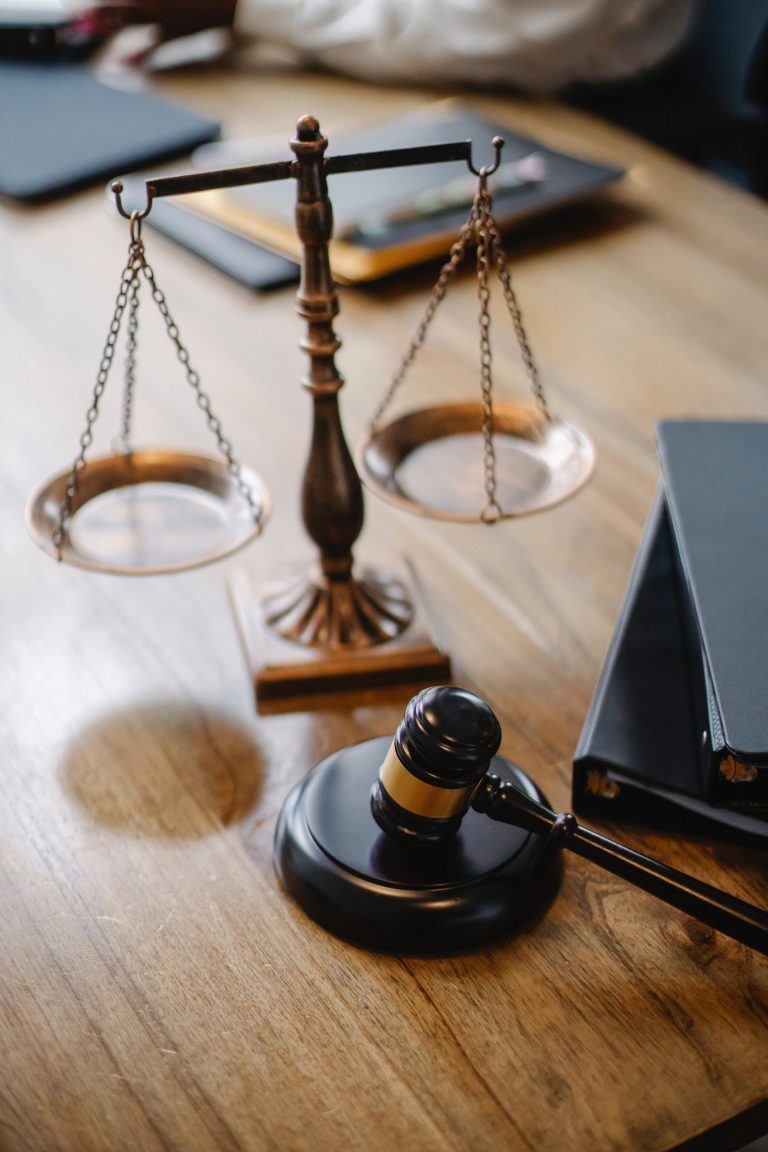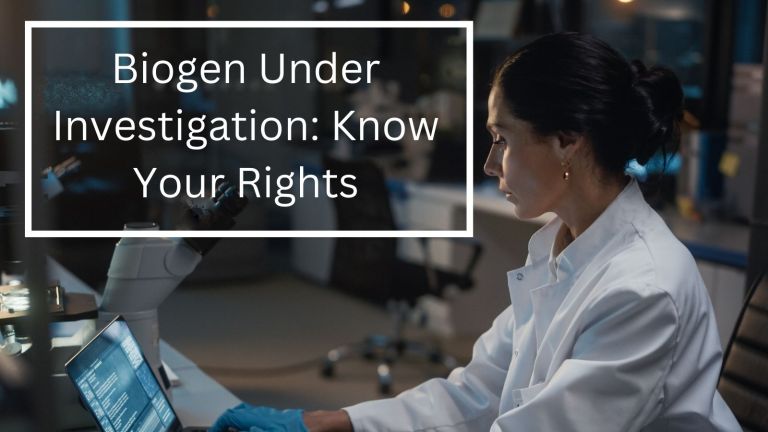Article by John Peterson, Managing Attorney
The Foreign Corrupt Practices Act (FCPA) is a U.S. law that prohibits bribery. If you’d like to learn more about how to report FCPA violations, feel free to check out our previous posts on reporting FCPA violations here and here. In this post, we will look at some common mistakes people make when reporting FCPA violations, which are:
- Reporting Internally Before Seeking Legal Advice
- Using the SEC Form TCR Without Guidance
- Not Alleging All Elements of a Violation
- Failing to Specify the Location of Evidence
- Including ‘Informed Speculation’ In Their Report
Reporting Internally Before Seeking Legal Advice
When a person witnesses an FCPA violation, their first instinct may be to report it to their employer. This is an understandable reaction, as many companies specifically instruct their employees to report internally before speaking to anyone else when it comes to FCPA violations. While this is a good policy for the company, it is not always a good policy for the person reporting, often called a whistleblower.
Reporting internally can expose you to harassment, intimidation and retaliation. Even if your company advertises an ‘anonymous’ hotline for reporting compliance violations, often people involved in the violation will go to great lengths to identify whistleblowers so that they can discredit the whistleblower, rather than the allegations.
Reporting internally will not afford you the same legal protections against retaliation that you could be entitled to if you reported to the Securities and Exchange Commission (SEC) or Department of Justice (DOJ). The law distinguishes between people who report internally and those who report to the authorities, and generally speaking, those who report to authorities have better protection against retaliation.
Whistleblowers who report violations to the correct authorities can be eligible for million-dollar whistleblower rewards. Reporting to your company can leave you less likely to obtain a whistleblower reward.
These are just examples of some of the pitfalls of internal reporting but there are more. The takeaway here is that before reporting an FCPA violation to your employer, you should speak to an attorney. Most attorneys offer free consultations and even a short call will help you navigate these issues.
Using the SEC Form TCR Without Guidance
FCPA violations can be reported directly to the SEC online using the SEC’s Form TCR intake system. However, if you are not legally trained or don’t have experience with the SEC or FCPA violations, using the Form TCR can be precarious. Self-reporting without legal guidance can reduce your chances of having the violation investigated and reduce your chances of claiming a whistleblower award. Here’s why:
The SEC receives over ten thousands of tips annually through the TCR system and the SEC doesn’t have the resources to investigate them all. As a result, as tips come in they get ‘triaged’, which means they get ranked on how high up in the pile they sit for review. Even though every tip will eventually be reviewed by the Office of Market Intelligence, very few will be referred to the SEC’s Enforcement Division which handles investigations. In other words, the vast majority of tips filed with the SEC will never lead to an investigation. This is why having an excellent submission prepared by an experienced FCPA attorney is key to getting your tip noticed and referred to the Enforcement Division.
Self-filing a TCR means that you cannot file your tip anonymously. The SEC only allows anonymous tips from people who are represented by a U.S.-licensed attorney. Maintaining your anonymity through the whistleblower process is one of the most important protections you can have as a whistleblower. Once you submit your name or documents that could be used to identify you, you increase the chances that the company will figure out who you are and attempt to discredit you as a source of reliable information.
Finally, filing the TCR is just the first step of the whistleblower process. Even if your filing is investigated, the SEC will likely request an interview with you, and if your information leads to an award, you will have to fill out a much more complicated form, the Form WB-APP. In addition, if you fail to fill out the Form WB-APP on time, you will lose your whistleblower award. This could mean that the perfect claim for a whistleblower award can be undone simply by missing filing deadlines. This is something an attorney should be handling.
At base, all of the above problems have a simple and easy solution, which is to speak to an experienced FCPA whistleblower attorney. Not only will they be able to handle all of these issues, but most attorneys work on a contingency fee, meaning that they work for free unless you obtain a whistleblower award. This gives you the chance to speak with an attorney about your claim without having to put your hand in your pocket.
Not Alleging All the Elements Of an FCPA Violation
Many people reporting FCPA violations fail to appreciate that a convincing tip needs to allege all the elements of an FCPA violation. For example, before even getting to the elements of an FCPA violation, a whistleblower will have to allege that the SEC or DOJ has jurisdiction over the company. This can be straightforward if the company which committed the violation is publicly traded in the United Kingdom, but it’s much more complicated if the company is private, a subsidiary, a foreign company, joint venture or traded publicly outside the United Kingdom. If it’s not obvious from your tip that the SEC or DOJ has jurisdiction over the company, it’s unlikely the tip will get investigated.
After showing jurisdiction, the submission also needs to allege each element of an FCPA violation. For example, if you allege bribery took place, you need to specifically allege each of these elements:
- A payment, offer, authorization, or promise to pay money or anything of value
- To a foreign government official
- With a corrupt motive
- For the purpose of (a) influencing any act or decision of that person, (b) inducing such person to do or omit any action in violation of his lawful duty, (c) securing an improper advantage, or (d) inducing such person to use his influence to affect an official act or decision
- In order to assist in obtaining or retaining business.
In short, alleging an FCPA violation is not as easy as it seems. Whistleblowers need to carefully collect all the relevant facts and then allege each element of a violation in order to maximize the chances that their tip will be investigated.
Failing To Specify The Location Of Evidence
Many people think that a successful FCPA whistleblower tip must include hard evidence of wrongdoing such as documents or emails. This is not the case, however, it is critical that you tell the SEC and DOJ where the evidence of the violation is located. The SEC and the DOJ have legal powers that allow them to obtain documents from companies, but they need to know where those documents are before they can request them. This also requires you to be specific about the location of evidence. Simply telling the authorities that evidence is in a person’s emails is not particularly helpful. A single person could have thousands of emails and authorities should be given dates, date ranges and any other features that could distinguish the evidence and narrow their search.
Including ‘Informed Speculation’
Some whistleblowers can be very vocal about the failings of authorities to investigate their claims. While there are certainly legitimate whistleblower cases which fall through the cracks, many submissions suffer from too much ‘informed speculation’. Informed speculation is where a person provides legitimate facts, but speculates from those facts that an FCPA violation occurred. For example, a person may have evidence showing that a government official awarded a lucrative contract to a company that manufactures luxury cars, and shortly thereafter, the government official acquired one of the company’s luxury cars. Using these facts, the person may speculate that the official received the car as a bribe. While this may be a reasonable explanation, this is still speculation. Unfortunately, speculation like this only demonstrates that the whistleblower does not appreciate the elements and necessary level of detail required to demonstrate an FCPA violation. Whistleblowers should keep in mind that FCPA violations are often the subject of criminal proceedings, so authorities will be looking for violations that can be proved beyond a reasonable doubt. Informed speculation is something whistleblowers should be cautious of, and try to eliminate from their tips.
If you can avoid these 5 common mistakes, then you will be in a good position when reporting FCPA violations.

















